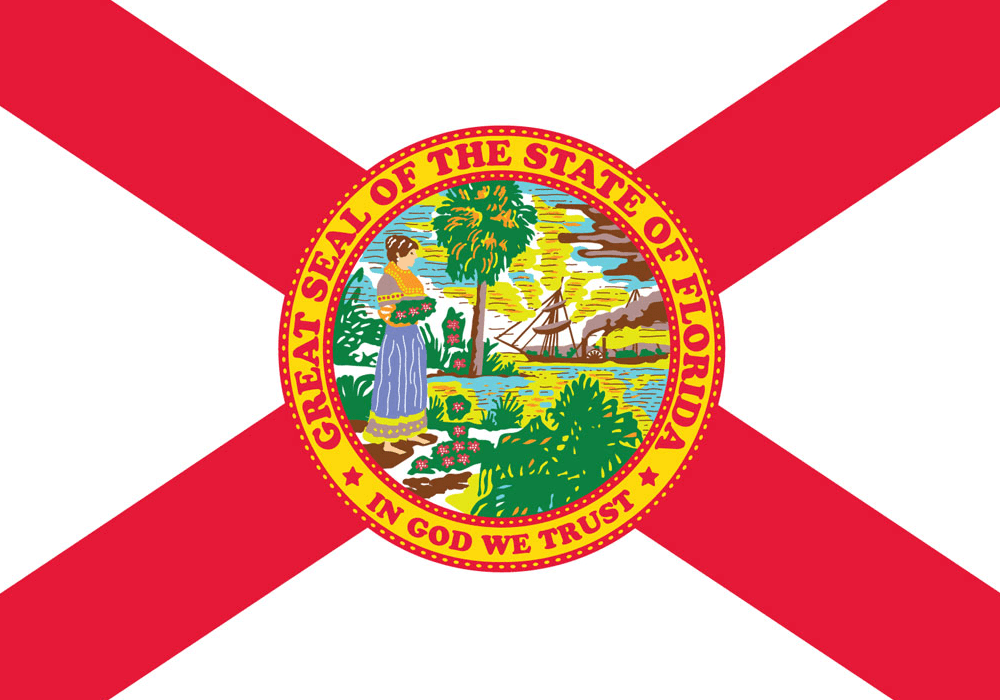FL. R. Civ. P. 1.201
Committee Notes
2012 Amendment. Subdivision (b)(1)(J) is added to address issues involving electronically stored information.

FL. R. Civ. P. 1.201
Committee Notes
2012 Amendment. Subdivision (b)(1)(J) is added to address issues involving electronically stored information.